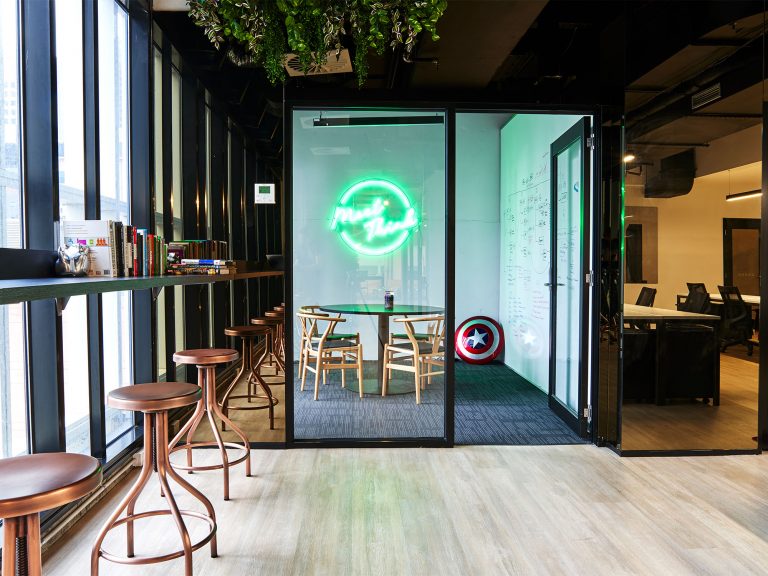What is equity? A guide for small business owners

Equity is one of those words in property investment that is bandied about by many yet understood by relatively few.
For small business owners, the definition of equity is simple:
It is the difference between what your business is worth (your assets) minus what you owe on it (your debts and liabilities).
Equity = Assets – Liabilities
In other words, the equity you have in a business is how much is actually yours, as opposed to the banks and any other creditors, if you were to sell it.
As an example, let’s say Jo buys a coffee shop for $350,000. She buys it with a $105,000 deposit and a bank loan for $245,000. The business is worth $350,000 and Jo owes the bank $245,000 so her equity is what’s left – $105,000.
After a few years, Jo’s business takes off and she is able to pay down the loan. She now owes the bank $175,000. Her equity has increased to $175,000 (if the value of the business is still $350,000).
Equity also increases as the value of your assets increase. This doesn’t just mean the value of the commercial property you own, but also things such as client base, income streams, brand worth, franchise opportunities – anything that increases the value of the business can also increase your equity.
Equity can also be the stocks you own in a business. This is also known as shareholders equity and represents your ownership in a business.
How can I use it to grow my business?
You may want to use the equity in your commercial property to upgrade your equipment, vehicles or to renovate your property. If you are a shareholder, you may want to use your equity to buy more shares.
Compared with residential loans, banks tend to be more reluctant to release equity on a commercial property. Whereas people may use the equity in their house to finance renovations, a holiday or a new car, commercial property owners will need to prove the business value of the equity loan.
How can I access it?
Accessing your equity will depend on the type of loan and the amount of equity you have. One way can be to redraw on your loan. This allows you to pay down your loan and then redraw on it up to a set limit.
Business equity loans are the most common. They are loans that are secured against the value of your commercial property and offer a flexible line of credit that can be drawn on as the need arises. You will need to cover the interest and the fees.
Unlocking your equity can allow you to grow your business sooner. Rather than having to wait until you build up enough capital to purchase important equipment, you can use your equity to buy it now and hopefully see the benefits sooner.







